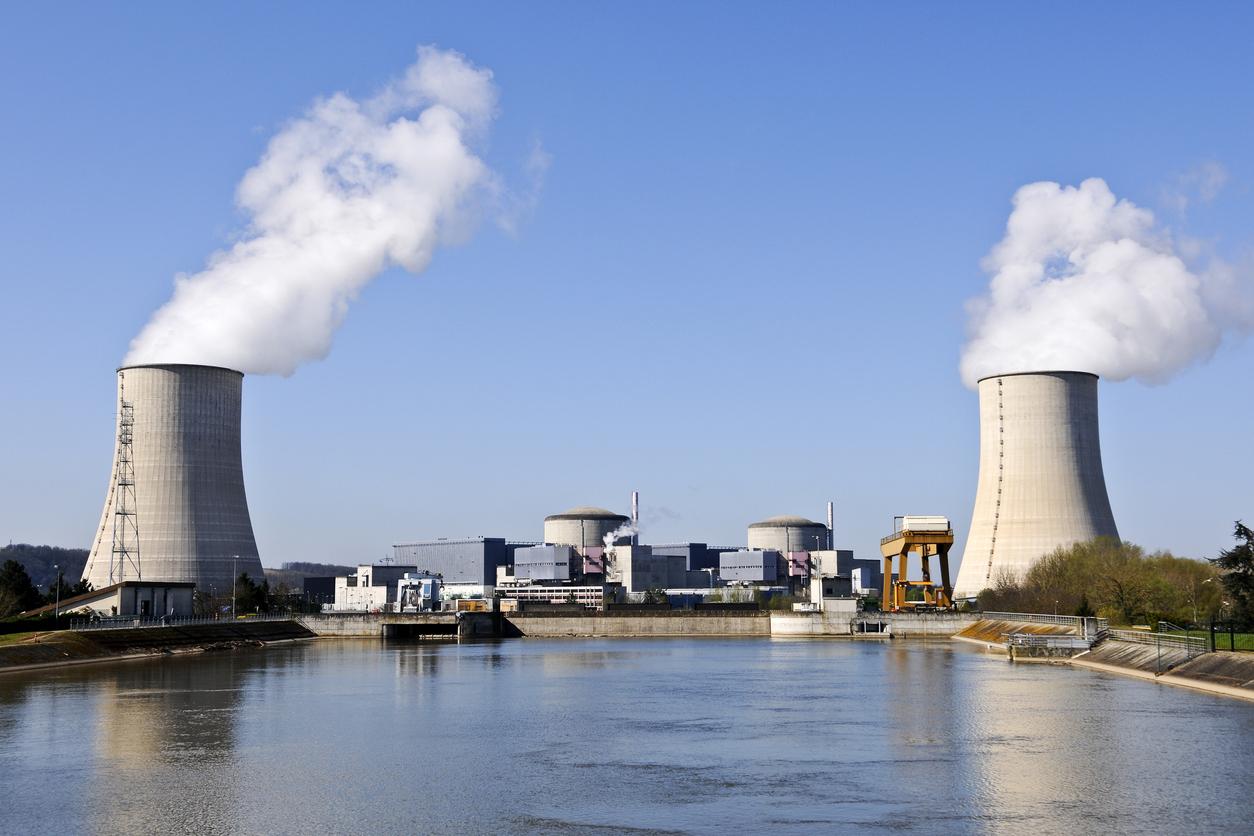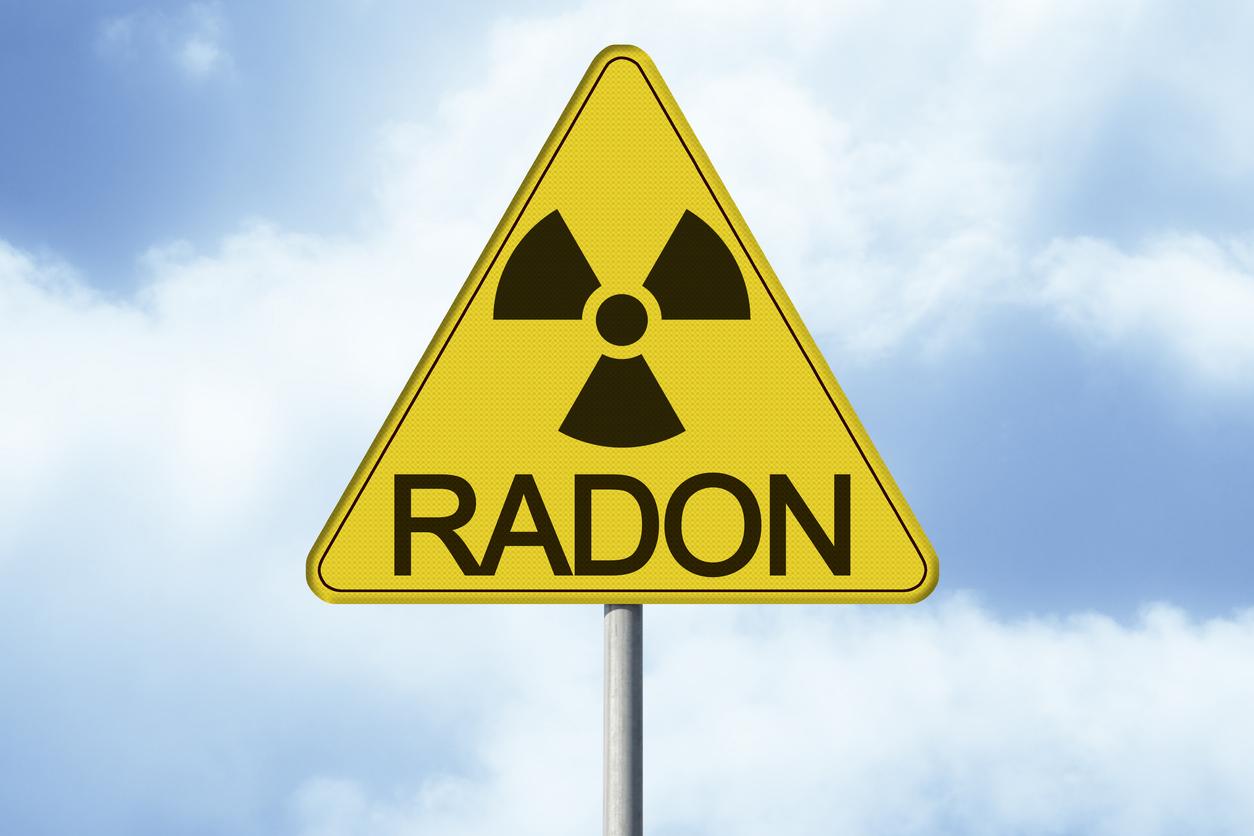For the first time, researchers looked at “the economic burden of cancer for the European Union”. In a study published today in the specialized medical journal The Lancet Oncology,researchers at the University of Oxford, UK, reveal that in 2009 (the most recent year for which full figures were available), cancer cost Europe €126 billion , of which two-thirds for the four most populous European countries: Germany, Italy, France and Great Britain. For France alone, the “economic burden of cancer” represented 17 billion.
“The cost of treatment represents only 27% of healthcare expenditure. In fact, 60% of this economic burden relates to expenses outside the field of health: lost working days due to sick leave or incapacity for work, hours of care provided to the patient by relatives, or loss of productivities attributed to premature deaths” explain the British researchers.
The four most common cancers in Europe are lung cancer, the breast cancer, colon cancer and Prostate cancer. Together they represent 44% of total cancer-related expenditure. But it is lung cancer that remains the most expensive overall (15% of total expenditure), mainly because of its high mortality. Breast cancer, meanwhile, represents the largest share of lost working days after cancer (19%).
On average, the European Union spends the equivalent of 102 euros per citizen for healthcare expenditure on cancer. But there are strong disparities from one country to another with 16 euros per person in Bulgaria, 97 euros in France and 184 euros in Luxembourg.
The British researchers believe that their figures are still underestimated because European health statistics do not take into account palliative care, support treatments or even home adaptations which are sometimes necessary to ensure follow-up care.


















